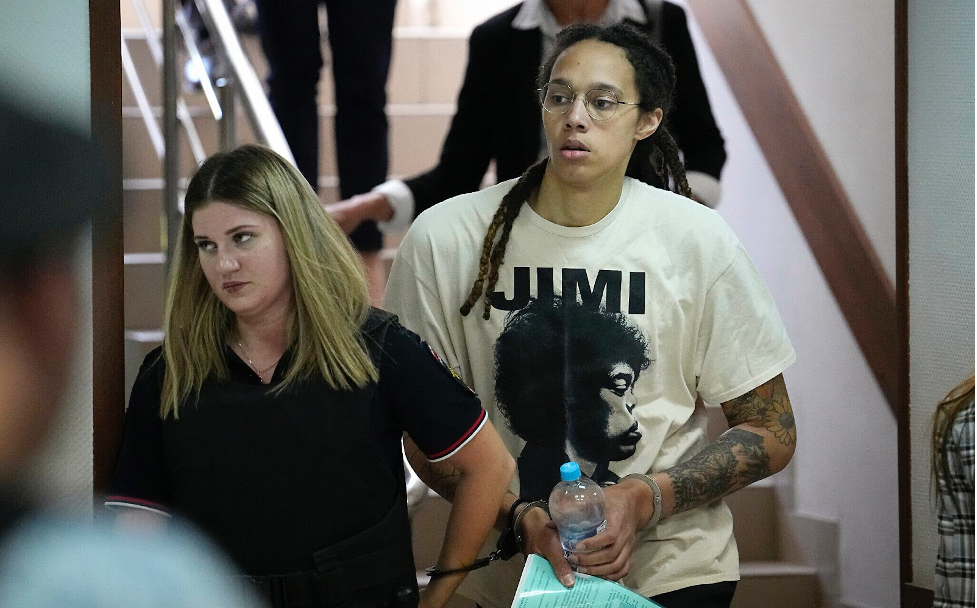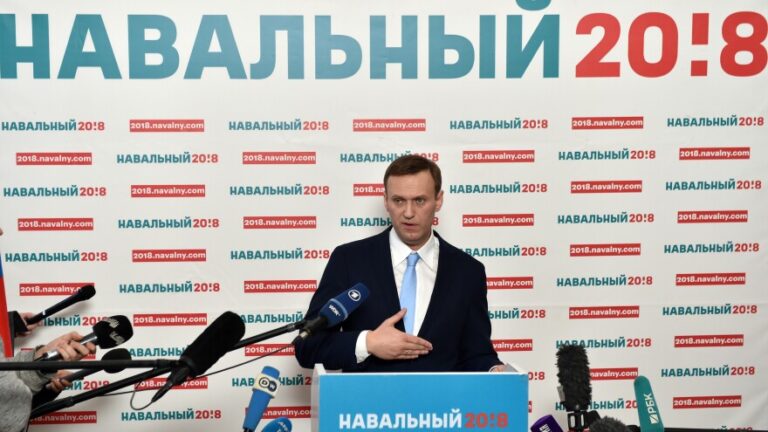
Marijuana. Weapons. Surveillance.
Three loosely related words that, due to recent events in Russia, have been intertwined in a messy standoff between two global superpowers.
Basketball player Brittney Griner was recently convicted in Moscow for the possession of cannabis, and as a result, has been exploited by the Russian government in the wake of the Russia-Ukraine conflict. The Putin administration has blatantly violated legal and human rights standards in order to gain an advantage against a bitter rival and key roleplayer in the US, which has left Griner and ex-Marine Paul Whelan vulnerable to the wrath of the gulags.
After judicial troubles delayed hearings, the Russian government eventually sentenced Griner in August — administering nine years in prison — to the dismay of former players, the American media and the Biden administration. President Joe Biden offered a deal to Russian President Vladimir Putin in September, proposing that Griner and ex-Marine Paul Whelan, who was arrested on espionage charges amounting to 16 years in prison, be released in exchange for renowned weapons dealer Viktor Bout. Known by his moniker “The Merchant of Death,” Bout was incarcerated due to his contributions to several civil wars worldwide, having supplied weapons to rebel groups from Colombia to Sierra Leone.
However, Putin has rejected these claims, most likely due to the ongoing war with Ukraine. The Russian President undoubtedly views this situation as a source of potential leverage against the US, which has been supplying financial and military aid to its adversaries. Although not explicitly stated, when considering the fact that Biden was able to release another ex-Marine, Trevor Reed, from the Russian administration (whose negotiations began in January, before the war), we can deduce that this ongoing conflict has had an impact on Putin’s approach to the Griner-Whelan situation.
Griner’s arrest has been under significant criticism, mainly for the terms in which she was detained. The WNBA star, like many other players in the league, intended to play in Russia during the offseason for additional income, an issue which in itself has been a topic of heated debate. Griner was stopped in Moscow’s Sheremetyevo Airport where authorities discovered a vape cartridge with traces of hashish oil, a concentrated cannabis extract.
Within a week of this arrest, Russia proceeded to invade Ukraine. The timing suggests that the Griner arrest was at least somewhat premeditated. While officials would not have been able to plant marijuana byproducts in her personal belongings, they may have been looking for any means to incite arrest.
While cannabis is strictly disallowed in Russia, whether for medicinal or recreational purposes, the maximum potential sentence is three years. This maximum can only be inflicted in “worst-case scenarios”, for instance where the means of acquisition led to physical harm. In Griner’s case — having been caught with 0.7 grams of cannabis — this classifies her violation as an administrative offense, which would have warranted a fine between 500 and 1000 rubles, or an arrest period of 15 days. Despite having had no intention of selling, and with mere traces of marijuana in possession, Griner is now stranded in a foreign country, a notable rival of her home country, with minimal legal support in her vicinity… for the next decade.
Russia is, essentially, needlessly jeopardizing the well-being of individuals purely for political leverage. In many cases, it does therefore appear that both Griner and Whelan were in the wrong place at the wrong time and that they were framed as part of a broader picture than their respective misdemeanors. Whelan, having been detained for possession of a hard drive with information about Russian border guards, was actually part of the exchange negotiation for Trevor Reed, which appeared to fall through.
History appears to be repeating itself, and it will have dire consequences. The Russian prison experience is not a particularly pleasant one, as Trevor Reed would testify; from receiving poor medical treatment amid a bout of tuberculosis to undergoing a hunger strike to protest his poor living conditions, it is evident that Russian gulags do not follow moral principles as outlined by the UN Human Rights Committee, which is considered to be a universal standard.
Coupled with the sheer disparity between the standard punishment and Griner’s sentence, the Kremlin and the Presidential administration have demonstrated their lack of consideration for human welfare by exploiting those opposing their ventures in Ukraine. As a key provider of financial and military aid to Ukraine, the US represents a key obstacle against Russia’s initiatives. Mitigating the effects of this obstacle has become a priority over maintaining legal standards, both in terms of judicial consistency and human rights.



